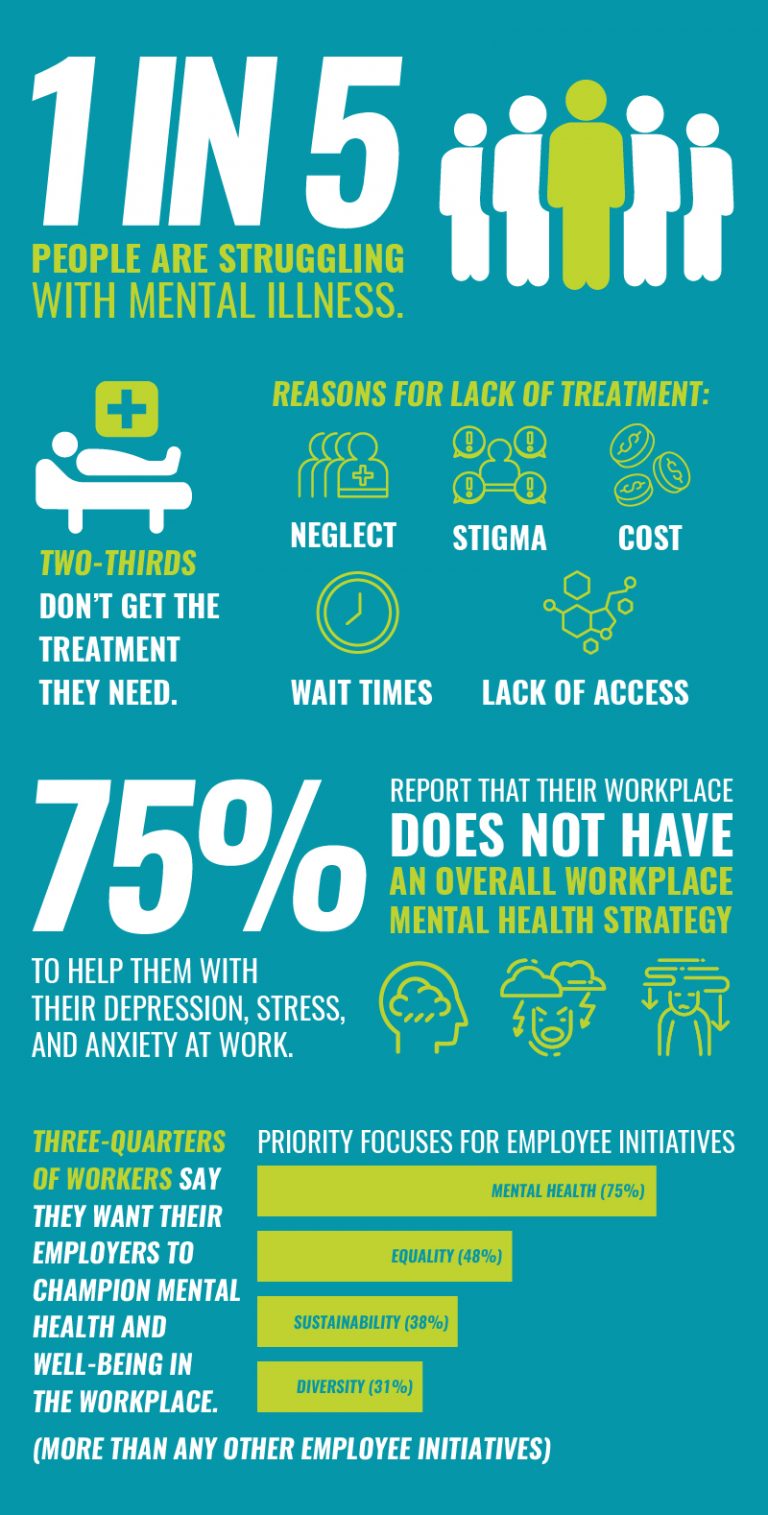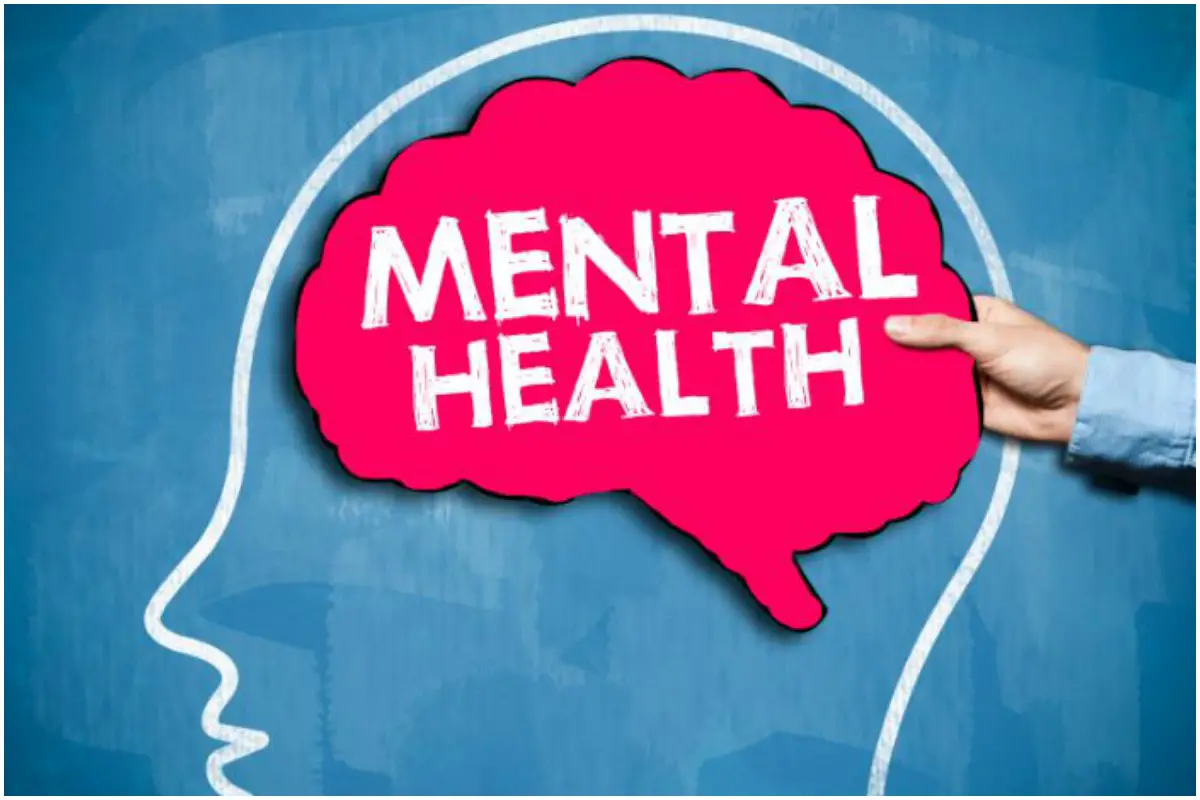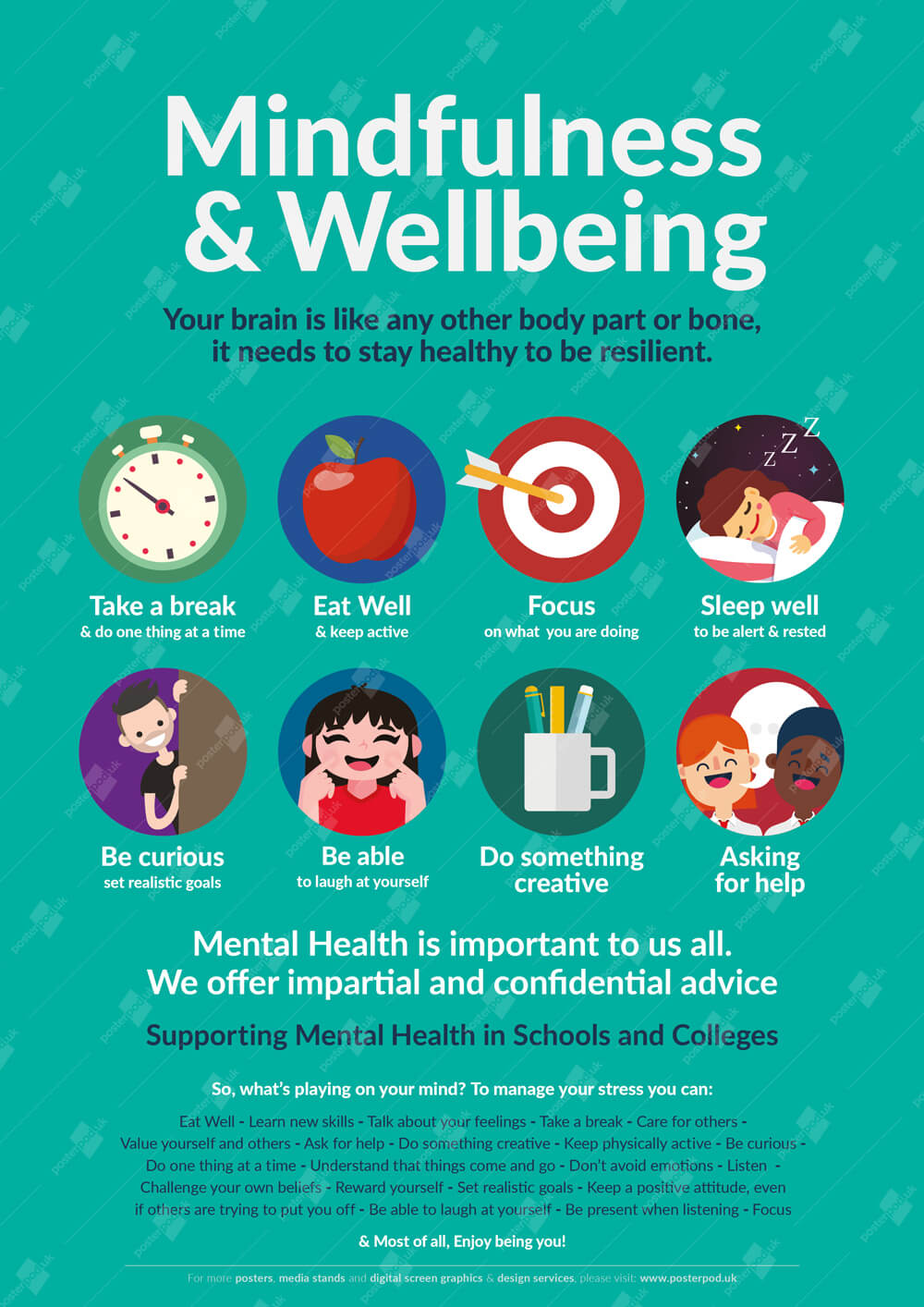Improving Mental Well-being with ChatGPT: Techniques and Conversations

ChatGPT, a cutting-edge AI language model, has emerged as a tool with benefits in the field of mental health. Its ability to provide empathetic responses, engage in personalized conversations, and offer evidence-based techniques has made it a valuable resource for individuals seeking to improve their mental wellness.

Personalized Conversations:
ChatGPT’s conversational nature allows for personalized interactions tailored to the user’s needs. It can listen to your concerns, provide support, and encourage insightful reflection. Through these conversations, users can gain a deeper understanding of their emotions, triggers, and coping mechanisms.
Evidence-Based Techniques:
ChatGPT is equipped with evidence-based techniques to assist with mental wellness. It can guide users through mindfulness exercises, relaxation techniques, cognitive behavioral therapy principles, and journaling prompts. By practicing these techniques regularly, individuals can cultivate healthier thought patterns, reduce stress, and improve their overall well-being.
Self-Discovery and Goal Setting:
Through interactive conversations, ChatGPT helps users explore their values, aspirations, and life goals. It facilitates self-reflection and encourages the setting of realistic and achievable goals. By challenging negative self-talk and promoting positive affirmations, ChatGPT empowers individuals to make meaningful changes in their lives.
Techniques for Using ChatGPT:

- Goal Setting: Engage ChatGPT to identify and clarify your mental health goals. Discuss obstacles, develop a plan, and track your progress.
- Mindfulness: Practice mindfulness exercises with ChatGPT, such as body scans or breathing techniques, to reduce stress and improve present moment awareness.
- Thought Challenging: Utilize ChatGPT’s cognitive behavioral therapy techniques to challenge negative thoughts, identify distortions, and foster more realistic and positive self-talk.
- Journal Prompts: ChatGPT can provide journaling prompts tailored to your needs. Regular journaling helps track progress, identify patterns, and foster self-reflection.
Important Considerations:
- ChatGPT is not a substitute for professional mental health care. If you are experiencing severe or persistent mental health difficulties, consult a qualified healthcare professional.
- The user’s privacy is of utmost importance. ChatGPT should be used in a safe and confidential environment.
- It is crucial to be mindful of potential bias in AI-generated responses. Always critically evaluate the information provided and seek additional perspectives when necessary.## Improving Mental Wellness With ChatGPT: Techniques And Conversations
Executive Summary
ChatGPT is a powerful AI chatbot that can be utilized to enhance mental wellness. This comprehensive guide explores effective techniques and engaging conversations to harness ChatGPT’s capabilities for improved emotional well-being.
Introduction
In today’s fast-paced world, maintaining mental health is paramount. ChatGPT emerges as a valuable tool, offering innovative ways to approach and improve our emotional well-being. Through personalized conversations and tailored strategies, individuals can effectively address various mental health challenges and embark on a journey toward holistic wellness.
FAQs
- How does ChatGPT assist with mental wellness?
ChatGPT provides personalized support, offers coping mechanisms, facilitates mindfulness practices, and encourages self-reflection, fostering improved mental health outcomes.
- Is ChatGPT a replacement for therapy?
While ChatGPT can be a valuable complement, it’s crucial to note that it’s not intended as a substitute for professional therapy. It can augment therapeutic interventions, but licensed mental health professionals should always be consulted for clinical assessments and treatment.
- Is ChatGPT safe to use for mental health?
ChatGPT can be a safe and supportive tool when used responsibly. It’s important to approach conversations with a clear understanding of its limitations and to prioritize privacy and confidentiality.
Top 5 Subtopics
Utilizing ChatGPT for Personalized Conversations
- Tailored Responses: ChatGPT personalizes responses to individual needs, providing tailored guidance and support based on context and sentiment.
- Empathetic Dialogue: Its advanced language models allow for empathetic and compassionate conversations, fostering a safe and supportive environment.
- Active Listening: ChatGPT actively listens to users’ concerns and reflections, demonstrating understanding and facilitating genuine connections.
- Conversational Support: It offers ongoing conversational support, providing encouragement, reframing negative thoughts, and promoting positive coping mechanisms.
- Guided Self-Discovery: Through structured conversations, ChatGPT encourages self-exploration and reflection, empowering individuals to identify and address their mental health needs.
Cognitive Restructuring with ChatGPT
- Challenging Negative Thoughts: ChatGPT assists in identifying distorted thought patterns and challenges negative beliefs, fostering a more positive and realistic perspective.
- Developing Positive Self-Talk: It promotes positive self-talk, encouraging users to replace negative self-criticism with affirmations and supportive inner dialogue.
- Promoting Mindfulness: ChatGPT facilitates mindfulness practices, guiding users through exercises that enhance present-moment awareness and reduce stress.
- Reframing Situations: It helps individuals reframe challenging situations, fostering a more optimistic and resilient mindset.
- Developing Problem-Solving Skills: ChatGPT encourages problem-solving abilities, supporting users in identifying and implementing effective strategies to overcome mental health challenges.
Managing Mental Health Conditions with ChatGPT
- Anxiety Management: ChatGPT equips users with coping mechanisms for anxiety, providing techniques for managing stress, worries, and panic attacks.
- Mood Regulation: It assists in mood regulation, offering strategies to alleviate symptoms of depression and other mood disorders.
- Sleep Enhancement: ChatGPT promotes healthy sleep habits, providing guidance on establishing regular sleep schedules and creating a conducive sleep environment.
- Self-Harm Prevention: It offers support for individuals struggling with self-harm thoughts and behaviors, connecting them with resources and providing coping strategies.
- Crisis Support: ChatGPT can provide immediate support during mental health crises, connecting users with crisis hotlines and offering empathetic and reassuring conversations.
Promoting Holistic Wellness with ChatGPT
- Lifestyle Optimization: ChatGPT encourages holistic wellness by providing personalized recommendations for healthy diets, physical activity, and stress management techniques.
- Goal Setting and Tracking: It facilitates goal setting and tracking, supporting users in establishing realistic and achievable mental health goals.
- Habit Formation: ChatGPT assists in developing positive mental health habits, promoting consistency and progress toward improved well-being.
- Self-Care Reminders: It provides regular reminders for self-care activities, encouraging users to prioritize their well-being through relaxation exercises, hobbies, and meaningful connections.
- Mind-Body Connection: ChatGPT explores the mind-body connection, highlighting the impact of mental health on physical well-being and vice versa.
Conclusion
Harnessing the power of ChatGPT can significantly enhance our mental wellness journey. Through personalized conversations, cognitive restructuring, and support for mental health conditions, ChatGPT empowers individuals to effectively address their emotional well-being. By embracing the techniques and engaging in meaningful conversations, we can unlock the transformative potential of ChatGPT and strive toward a more balanced, fulfilling, and mentally healthy life.
Relevant Keyword Tags
- ChatGPT
- Mental Wellness
- Cognitive Restructuring
- Anxiety Management
- Holistic Wellness
